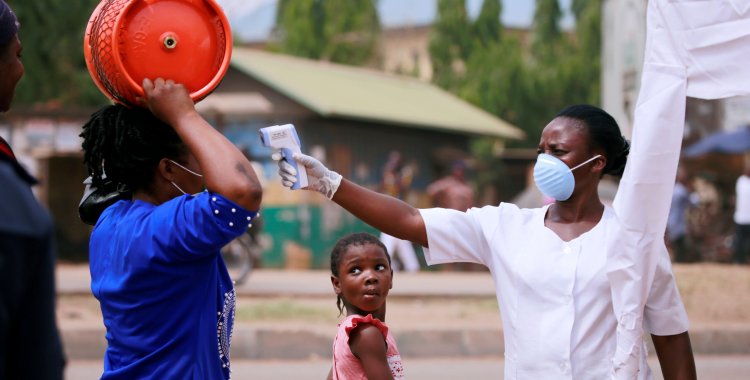Both cases were identified in the Hoji Ya Henda neighborhood, Cazenga municipality in Luanda, which is under a sanitary fence.
He is a 29-year-old man from Guinea-Conakry and another 40-year-old Angolan, both with a direct link to “case 31”, a Guinean citizen who returned from Portugal on 17 March.
The cases now diagnosed were already in the institutional quarantine centers, maintaining the sanitary fence in the neighborhood, where 3335 samples have already been collected and sent to the National Institute for Research and Health.
In the case of Cassenda, another neighborhood in Luanda associated with local transmission, as a result of “case 26”, the sanitary fence will be erected on Wednesday, after 160 people have been tested with negative results.
The fence remains in the other neighborhood associated with this case, Futungo de Belas, where samples are still being processed.
Angola registers 52 cases of infection with the new coronavirus, including three deaths, 17 recovered and 32 clinically stable assets, all hospitalized.
These include 25 cases of local transmission, including the case announced on Monday as a possible community transmission, which is still being investigated, according to Franco Mufinda.
A total of 6693 samples have been collected so far, of which 429 are being processed.
1055 people are in institutional quarantine, 446 suspected cases have been investigated and another 1176 cases are under investigation.
Globally, according to a report by the AFP news agency, the covid-19 pandemic has already claimed more than 318,000 deaths and infected more than 4.8 million people in 196 countries and territories.







